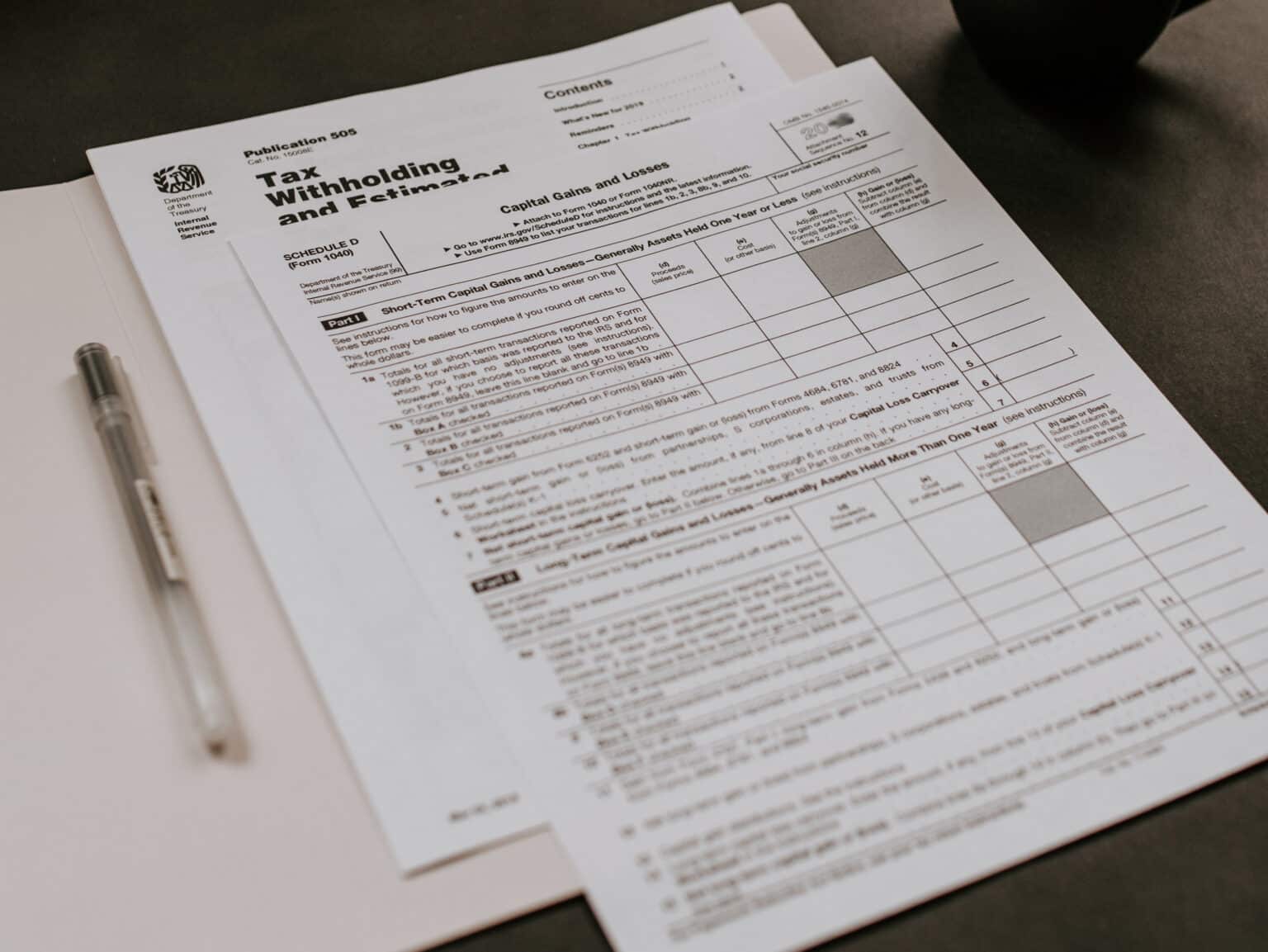The Internal Revenue Service on Thursday released details of how it plans to utilize some $80 billion in funding for improved operations.
According to the IRS’ “Inflation Reduction Act Strategic Operating Plan,” the federal tax collecting department has pledged to invest in new technology, hire more customer service reps and expand audits on “high-income and high-wealth individuals.”
The plan lays out the specifics of how the IRS will allocate the $80 billion through fiscal year 2031 as was approved in the Inflation Reduction Act, which Biden signed into law in August.
Some Republican critics of the law have asserted without evidence that the tens of billions in new funding would lead to the hiring of 87,000 new IRS agents “to audit the middle class.” However, the Treasury Department has said that audit rates for those earning less than $400,000 are not expected to rise in relation to historic norms.
And in 2021—before the bill emerged—Treasury had proposed a plan to hire roughly 87,000 IRS employees over the next decade if it got the money. But according to the newly-released detailed plan, no hiring boost is foreseen for the criminal investigation unit, which includes the only agents who might be armed and represents 3% of the IRS’ workforce, or roughly 2,077 special agents as of the 2022 budget year.
Some of the improvements in the IRS’ detailed plan have been long expected, including bringing more paper-based systems online and more quickly answering taxpayers’ phone calls. Some of the newer, more ambitious proposals include continuing to explore ways to create a government-operated electronic free-file tax return system, which lawmakers and advocates have been requesting for years.


